Science can develop relatively slowly. Subjectively, this is still the best list of science books. Well, I guess most such lists are highly subjective. My advice is this: read what you like and disregard the rest. Life’s too short to spend it with bad books.
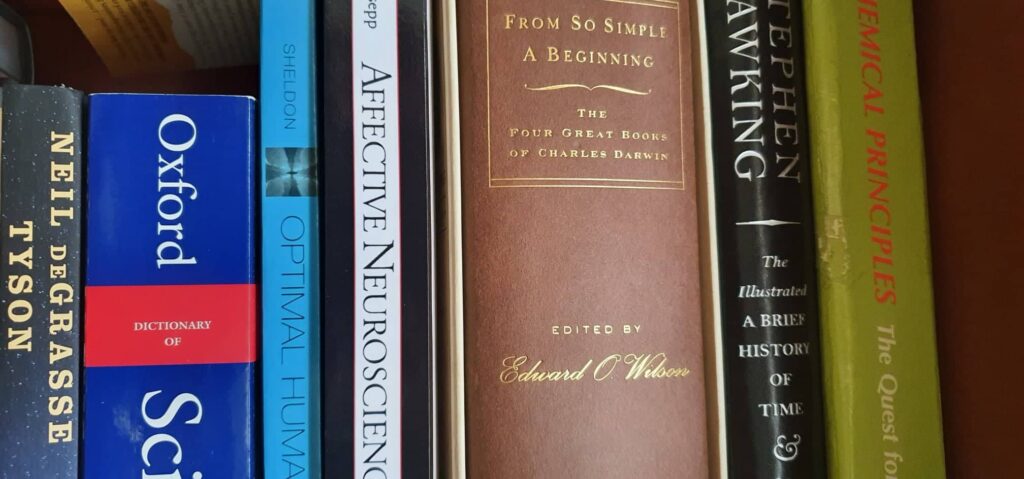
Although, I do recommend one reads multiple books on the same topic. No book on its own is perfect, but in unison, multiple books can give a more complete view of a specific topic. Sometimes an explanation from one book might resonate better with you than another.
Science fiction can also be a great way to rekindle your love for science.
LAYMN is reader-supported. When you buy through links on our site, we may earn an affiliate commission.
Bad Science by Ben Goldacre
“Bad Science” is what got me interested in statistics and good science in general. Ben Goldacre is a British medical doctor, researcher, academic, and science writer.
His book is on a variety of topics but can be covered under the unifying umbrella concept: misleading pseudoscience that is deliberately marketed to the masses in order to sell supplements.
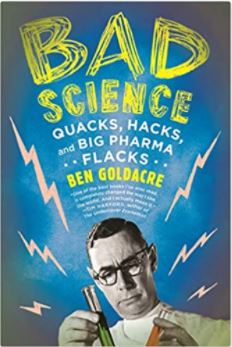
Much like the book “How to lie with statistics” but through the lens of medicine and big pharma.
Letters to a Young Scientist by Edward O. Wilson
It’s funny when I studied computer science and chemistry it never occurred to me to ask myself “what is science?” Because in computer science and chemistry it’s quite self-evident if something doesn’t work.
When I started studying psychology, I was curious about what science was beyond the four-step process of how to think like a scientist. This is one of the first books I read in my quest to understand more.
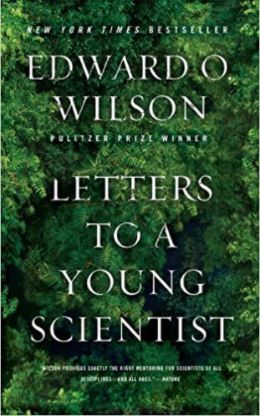
In short, this book is mostly about having realistic expectations about scientists, yourself as a researcher, and Wilson’s own journey from his childhood to the present day.
In Defence of History by Richard J. Evans
I have a tendency to read from a variety of fields. In 2020, I chose 3 books from history as my summer reading. In Defence of History by Richard J. Evans was almost exactly what I wanted.
It didn’t propose a grand unified theory of history but rather a meta-analysis of history as a discipline and whether it was scientific or not. It confirmed for me that science isn’t just one scientific method. There are more ways than one to skin a cat.
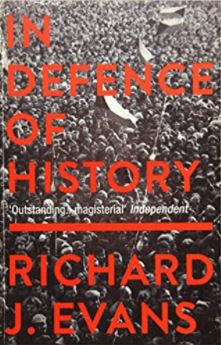
The Logic of Scientific Discovery by Karl R. Popper
Although supposedly philosophy of science has evolved past Popper’s falsification, and I don’t think that’s necessarily a good thing, there’s still wisdom and insight for a curious mind in this masterpiece.
My favorite idea from Popper is this:
‘Our advantage is that we can let our ideas die in our stead.’
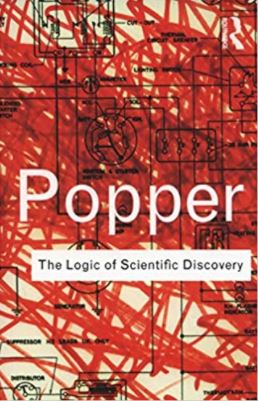
A fair warning thought: it may be a bit dry or irrelevant occasionally.
The Feynman Lectures on Physics
I’m a huge fan of Feynman. His clarity of thought, dedication to scientific thinking, and most importantly empirical insight complement a philosopher of science like Karl R. Popper, rather well. A comprehensive online resource if you want to get into physics. The text is written extremely well so even a layman can understand.
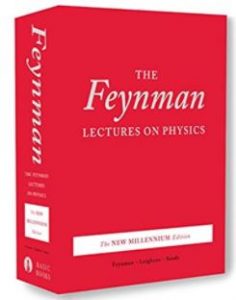
If you want to get your own physical copy then I suggest you get an older print than a new set. Errata needs to be addressed but you can find a list here.
Surely You’re Joking, Mr. Feynman
If you want to understand what separates the wheat from the chaff. What makes a great mathematician, or in general a scientist? Then read Feynman’s own commentary on his life. Notice how he thinks.
Pay specific attention when he talks about how laboriously, but also systematically and uniquely he studied mathematics. I appreciate math and I study it on my own time, but now realize that the way I’m doing it does not come close to intimidating his method.
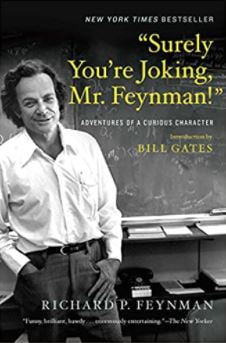
Scientific Literacy and the Myth of the Scientific Method by Henry H. Bauer
This is a fairly short read, but it’s tense on substance while still easy to understand. It gives a bird’s-eye view of science and scientists.
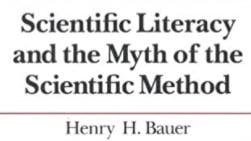
Particularly useful for someone who’s new to the field. Someone who may have some naive thoughts about the scientific enterprise. But even if you are more along your way as a scientist, there are some novel thoughts that you may find enlightening.
Key Takeaways
- There are many books on science. Pick up as many books as you can and focus on the ones that you actually enjoy.
- You might want to find the “best science book” but there is no such thing. Yet. All I have read have their perks and shortcomings. So just start somewhere and keep on reading until you are able to form your own idea of what science is or isn’t.